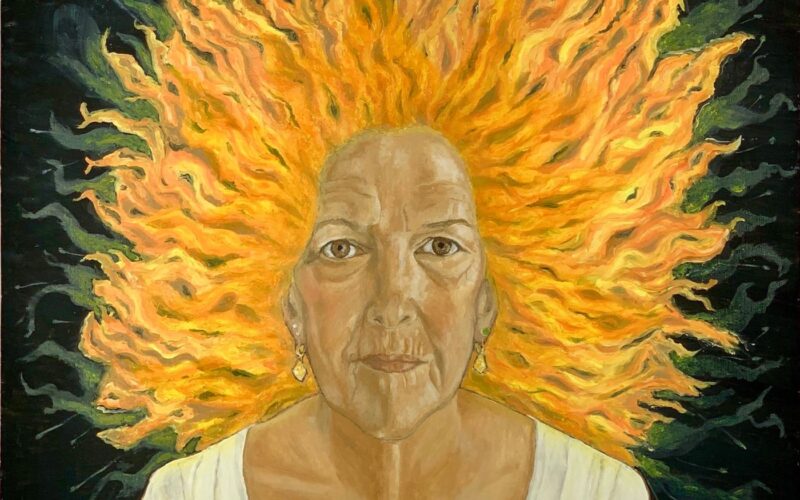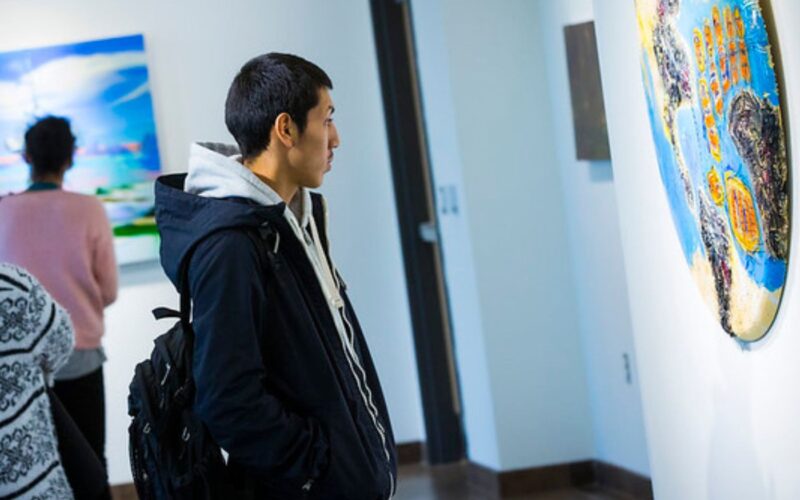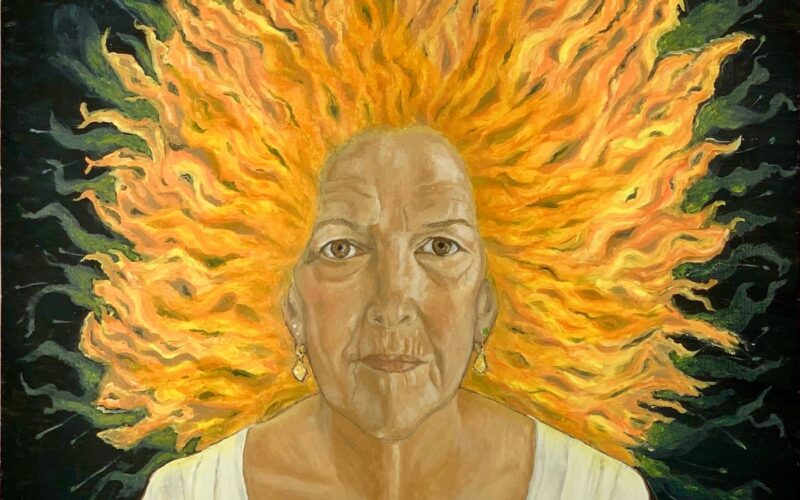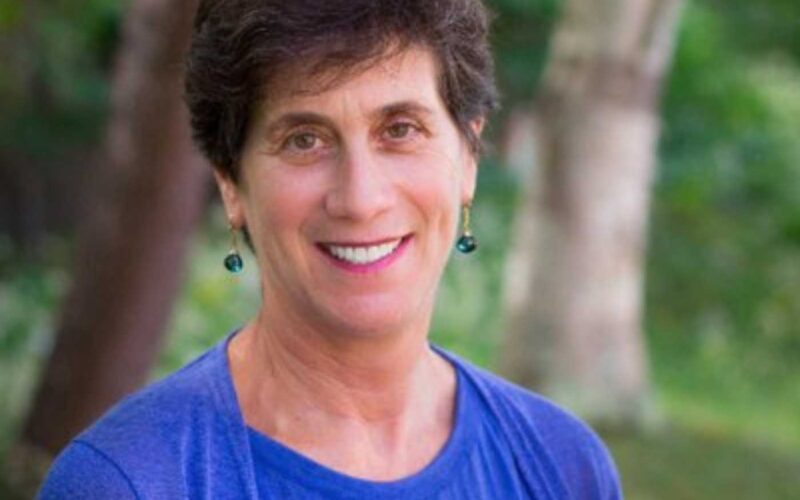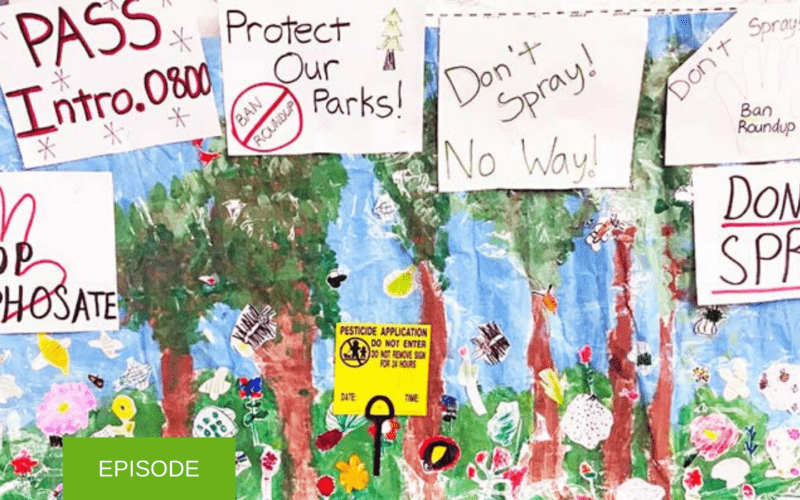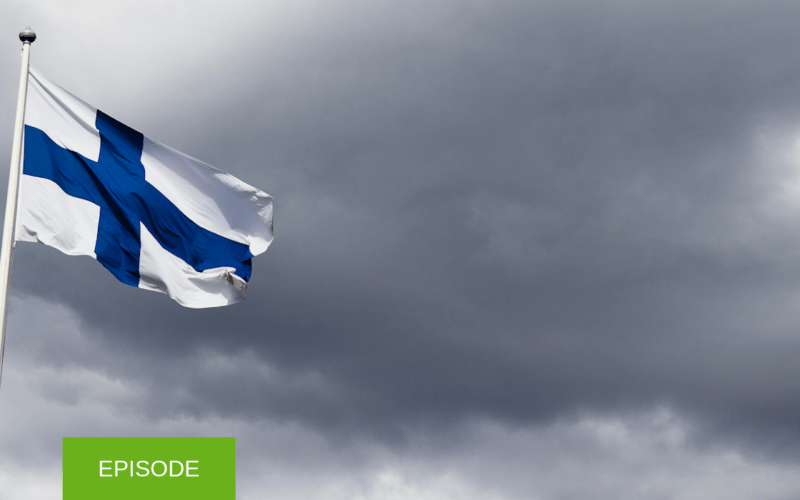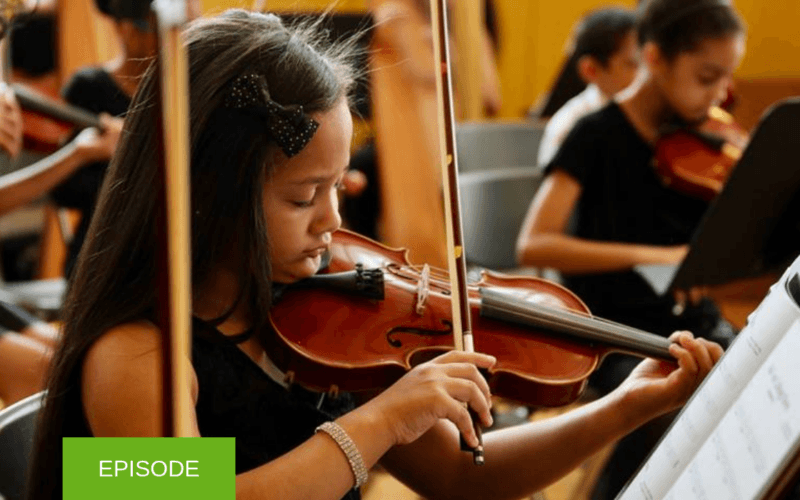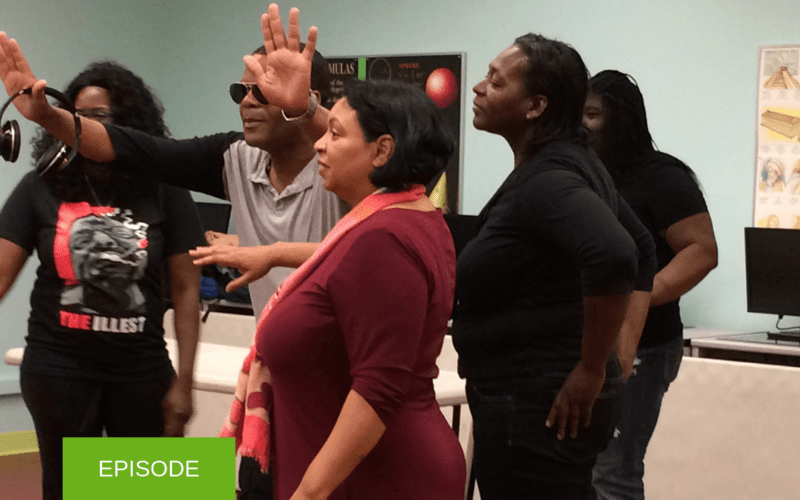Challenging credentialism: An alternative vision of education (Encore)
We speak with Arlene Goldbard, writer, visual artist, speaker, social activist and consultant, whose most recent book is “In the Camp of Angels of Freedom: What does it mean to be educated?” An autodidact from a working-class background, Arlene challenges “the certainty that academic qualifications are the best measure of ability.” She interweaves the stories and portraits of her “angels,” her personal story, and a critique of standard narratives of education. We talk with her in particular about two of her “angels,” Paulo Freire and Paul Goodman.
Read More
